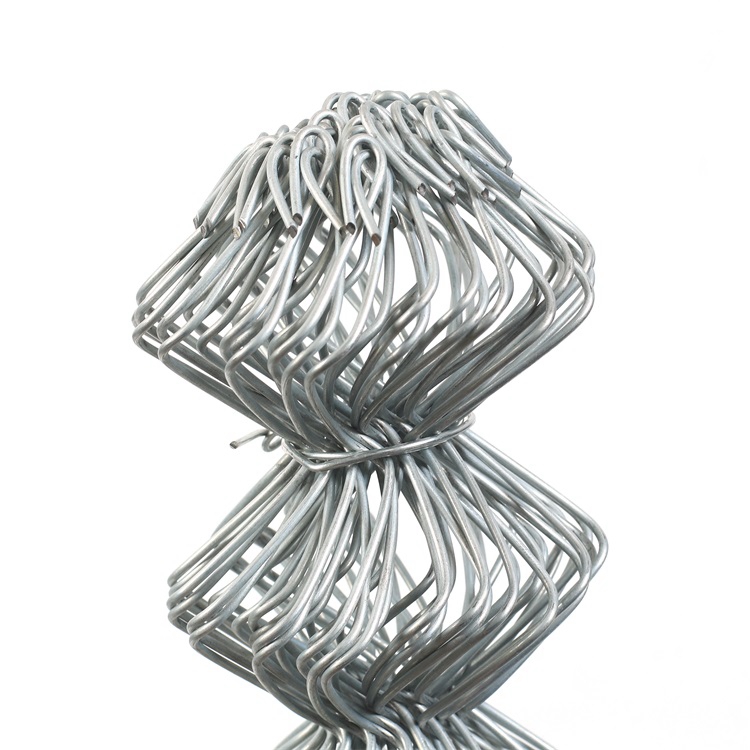steel fixing tie wire
Understanding Steel Fixing Tie Wire An Essential Component in Construction
In the world of construction, few materials are as versatile and essential as steel fixing tie wire. This integral component plays a critical role in reinforcing concrete structures, ensuring that they maintain their integrity and strength over time. In this article, we will explore the significance, applications, and characteristics of steel fixing tie wire, as well as some best practices for its use in construction projects.
What is Steel Fixing Tie Wire?
Steel fixing tie wire is a type of wire, typically made from high-quality steel, that is used to secure and bind reinforcement bars (rebars) within concrete structures. These rebars are critical for adding tensile strength to concrete, which is naturally strong in compression but weak in tension. Tie wire is used to create a stable framework that holds these rebars in place before the concrete is poured. This ensures that the rebar maintains its position and alignment, which is crucial for the overall structural integrity of the final product.
Applications of Steel Fixing Tie Wire
The applications of steel fixing tie wire are vast and varied. It is extensively used in different types of construction projects, including residential buildings, commercial complexes, bridges, and other civil engineering works. Here are some specific applications
1. Reinforcement of Concrete Slabs This is one of the most common uses of tie wire. It helps secure the rebar lattice, ensuring that the steel framework remains in proper alignment during the pouring and setting of the concrete.
2. Column and Beam Construction In structures containing columns and beams, tie wire is used to hold the reinforcement bars together, maintaining the desired spacing and positioning required for effective load-bearing capacity.
3. Precast Concrete Elements When manufacturing precast elements, tie wire is employed to bind the rebar cage before concrete is poured into molds, allowing for precise shaping and structural control.
4. Retaining Walls and Foundations Tie wire assists in bracing rebar in retaining walls and foundations, providing the necessary strength to withstand lateral pressures and loads.
Characteristics of Steel Fixing Tie Wire
The effectiveness of steel fixing tie wire is influenced by specific characteristics that make it suitable for construction applications
steel fixing tie wire

- Strength and Durability Made from high-carbon steel, tie wire offers excellent tensile strength and durability, able to withstand the physical demands placed on it during construction.
- Corrosion Resistance While regular steel wire can corrode over time, galvanized or epoxy-coated tie wires are designed to resist rusting, thus prolonging the life of the reinforcement system.
- Flexibility Tie wire is available in varied gauges, allowing for flexibility in application. Thinner wires can be used in smaller projects, while thicker wires are suitable for large-scale constructions requiring additional strength.
- Cost-Effectiveness Compared to other reinforcement methods or materials, steel fixing tie wire is relatively inexpensive, making it a popular choice for builders looking to stay within budget without compromising on quality.
Best Practices for Using Steel Fixing Tie Wire
To achieve optimal performance from steel fixing tie wire, several best practices should be observed
- Proper Tensioning It is essential to ensure that tie wire is adequately tensioned to secure rebars firmly in place. Over-tightening may cause damage to the rebar, while under-tightening could lead to misalignment.
- Adequate Spacing Follow design specifications for spacing both tie wire and reinforcement bars to avoid compromising the structural integrity of the project.
- Use Appropriate Tools Employ wire cutters and pliers designed for tie wire installation to ensure ease of use and effectiveness.
Conclusion
Steel fixing tie wire is a fundamental component in the construction industry, aiding in the reinforcement of concrete structures across a myriad of applications. Its strength, durability, and cost-effectiveness make it an indispensable tool for builders and engineers. By understanding its uses and adhering to best practices, construction professionals can significantly enhance the safety and longevity of their projects. As the industry continues to evolve, steel fixing tie wire will undoubtedly remain a staple in construction methodologies.
-
The Durability and Versatility of Steel Wire
NewsJun.26,2025
-
The Best Iron Nails for Your Construction Projects
NewsJun.26,2025
-
Strengthen Your Projects with Durable Metal Stakes
NewsJun.26,2025
-
Get the Job Done Right with Duplex Nails
NewsJun.26,2025
-
Explore the Versatility and Strength of Metal Mesh
NewsJun.26,2025
-
Enhance Your Security with Razor Wire
NewsJun.26,2025














